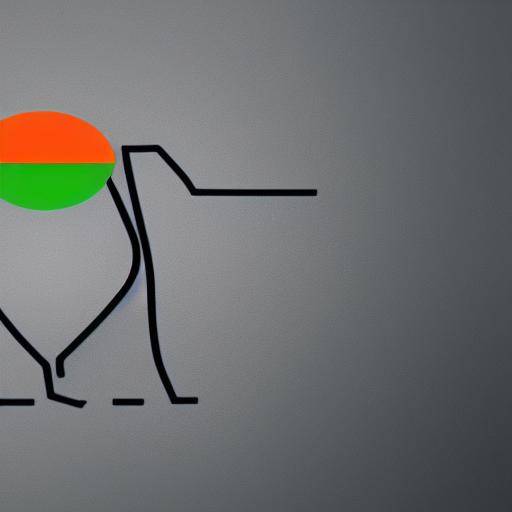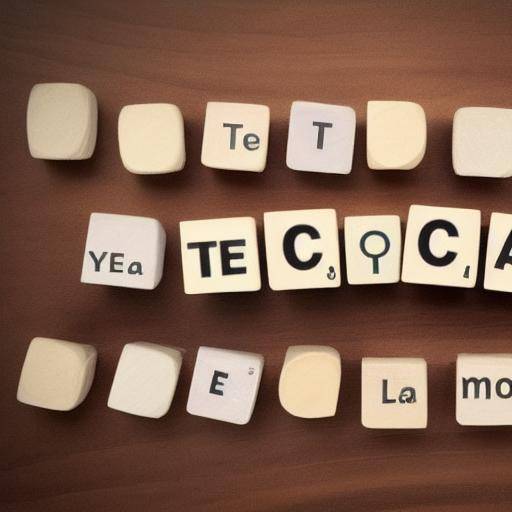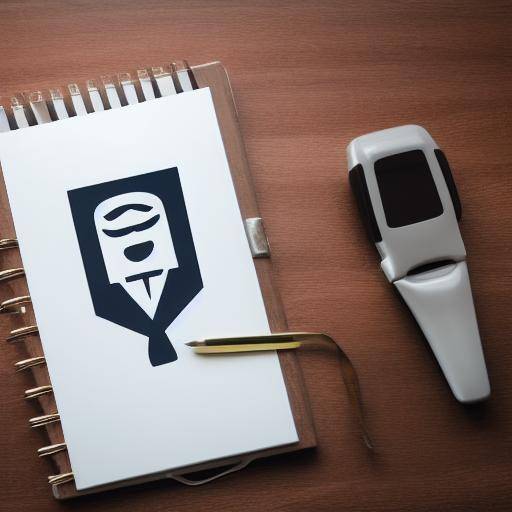
Introduction
Decision-making is a crucial skill in personal and professional life. Every day we face multiple decisions that can have a significant impact on our future. The ability to make successful decisions is critical to achieving success and satisfaction in various areas. In this article, we will explore how self-evaluation can become a powerful tool for improving decision-making, fostering personal development. We will discover how internal reflection can provide clarity and perspective, allowing us to make more informed and aligned decisions with our values and objectives.
History and Background
To understand the value of self-assessment in decision-making, it is important to explore its origins and evolution over time. Self-evaluation has roots in disciplines such as psychology, philosophy and education, where it has been used to promote self-knowledge and personal growth. Throughout history, influential figures such as Socrates and Descartes have advocated the importance of self-assessment in the search for truth and informed decision-making.
At present, self-evaluation has taken a prominent role in areas such as positive psychology, leadership and personal development. As society recognizes the importance of emotional well-being and authenticity, self-evaluation is presented as a valuable tool for improving decision-making both individually and organizationally.
Deep analysis
Self-assessment offers a wide range of benefits in the decision-making process. By promoting self-consciousness and understanding of our strengths, weaknesses, values and goals, it helps us to make decisions aligned with our deepest essence. In addition, it provides an opportunity to evaluate our past experiences, identify patterns of behavior and learn from them to improve our future choices.
However, the self-evaluation process also presents challenges. People can face difficulties in being completely honest with themselves, questioning their deep-rooted beliefs or facing internal fears and vulnerabilities. Self-assessment requires courage and willingness to confront areas of improvement, which can be uncomfortable at first.
Exhaustive examination
There are various ways to perform effective self-evaluations. Meditation, reflective writing, feedback analysis and conscious questioning are some practices that can foster self-consciousness and more conscious decision-making. It is important to note that self-evaluation is not a static process, but evolves over time as we acquire new experiences, perspectives and knowledge. It is essential to adopt a continuous improvement approach and flexibility in self-evaluation.
Comparative analysis
When comparing self-evaluation with decision-making, an intimate relationship between the two is revealed. Self-assessment provides the basis for a more conscious, informed and aligned decision-making with our values and objectives. Both processes feed each other, as a precise self-assessment can lead to more successful decisions, while decisions taken can provide opportunities to reflect and learn from experiences.
Practical Tips and Accessible Advice
To incorporate self-assessment into the decision-making process, it is useful to follow certain steps and best practices. Some strategies include the clear definition of goals and values, the periodic review of our actions and results, and the search for honest feedback from reliable sources. Effective self-evaluation requires dedication, authenticity and openness to self-reflection.
Industry Perspectives and Expert Reviews
Experts on leadership, psychology and personal development offer valuable insights on the importance of self-evaluation in decision-making. According to them, self-assessment not only strengthens decision-making, but also nurtures emotional intelligence, promotes authenticity and improves interpersonal relationships.
Case Studies and Real Life Applications
Case studies provide concrete examples of how self-assessment has positively impacted decision-making in diverse contexts. From business leaders who use self-assessment to guide business strategies to individuals who apply self-assessment to make important decisions in their personal lives, success cases clearly illustrate the positive influence of self-assessment in meaningful decision-making.
Future Trends and Predictions
As awareness of emotional well-being, authenticity and personal development continues to increase, the practice of self-evaluation is expected to be integrated more broadly in various areas. Technology advances can also facilitate tools and applications that promote self-assessment and its connection with decision-making. The integration of self-evaluation into organizational and educational processes is expected to be a growing trend.
Conclusion
Self-assessment is a valuable tool that can significantly enhance decision-making, promoting clarity, authenticity and alignment with our values and objectives. By fostering self-awareness, self-assessment provides an opportunity to make more informed and coherent decisions, both individually and organizationally.
Frequently asked questions
1. What is the difference between self-evaluation and self-criticism?
Self-assessment focuses on objective reflection on our strengths, weaknesses, values and goals, while self-criticism tends to focus on identifying and judging errors or defects. While self-evaluation drives personal growth, self-criticism can generate self-judgment and limit development.
2. How can I overcome the emotional resistance to self-evaluation?
Emotional resistance to self-assessment can be overcome by the practice of self-acceptance and understanding that personal improvement is a natural process. Finding support from friends, mentors or professionals can also be of great help.
3. What are the most effective tools for self-assessment?
Meditation, reflective writing, 360° feedback and competency evaluations are some effective tools to carry out a careful and complete self-assessment.
4. Can self-assessment help in decision-making in the workplace?
Yes, self-evaluation can be especially beneficial in the workplace, as it helps professionals understand their skills, motivations and goals, which in turn influences career-related decision-making and professional development.
5. Is self-evaluation a static process or does it evolve over time?
Self-evaluation is a dynamic process that evolves with the acquisition of new experiences, perspectives and knowledge. It is crucial to embrace continuous improvement and adapt our self-assessment as we grow and change.
6. What role does self-evaluation play in ethical decision-making?
Self-assessment contributes to ethical decision-making by promoting reflection on our personal values and principles, allowing us to make decisions aligned with high ethical standards.
Self-assessment is a transformative process that can significantly elevate our ability to make sound and conscious decisions. By integrating self-evaluation into our decision-making processes, we not only improve our individual choices, but also strengthen our self-knowledge and personal development.






















































